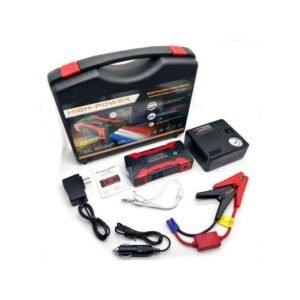How to Stop Hard Start in a Car
How to Stop Hard Start in a Car.
How to Stop Hard Starts in Your Car.If your car is struggling to start, it can be both frustrating and worrisome. A hard start can indicate underlying issues that may worsen if not addressed promptly. Here’s a detailed guide to help you understand the common causes of hard starts and how to resolve them.
Common Causes of Hard Starts
Battery Issues
- Problem: A weak or dead battery is one of the most common causes of hard starting. It may not have enough power to crank the engine, especially in cold weather.
- Solution: Check the battery voltage with a multimeter. A healthy car battery should read around 12.6 volts when the car is off and between 13.7 to 14.7 volts when the engine is running. If the voltage is low, consider charging or replacing the battery.
Fuel System Problems
- Problem: Issues such as a clogged fuel filter, failing fuel pump, or malfunctioning fuel injectors can prevent the engine from receiving enough fuel, leading to hard starts.
- Solution: Replace the fuel filter if clogged. Test the fuel pressure to ensure the pump is working correctly. Clean or replace faulty fuel injectors.
Ignition System Faults
- Problem: A worn-out spark plug, faulty ignition coil, or damaged distributor cap can cause ignition system failures, resulting in hard starts.
- Solution: Inspect spark plugs for wear and replace them if necessary. Test the ignition coils and replace any that are not functioning properly. Ensure the distributor cap and rotor are in good condition.
Air Intake Issues
- Problem: A clogged air filter or malfunctioning mass airflow sensor can restrict airflow to the engine, making it difficult to start.
- Solution: Check and replace the air filter if it’s dirty or clogged. Clean the mass airflow sensor with a specialized cleaner.
Starter Motor Problems
- Problem: A failing starter motor may not engage properly, causing the car to start slowly or not at all.
- Solution: Listen for a clicking sound when turning the key, which indicates a starter issue. Test and replace the starter motor if it’s faulty.
Engine Timing Issues
- Problem: Incorrect engine timing can lead to inefficient combustion, making it hard to start the car.
- Solution: Have a professional check the timing belt or chain and adjust the engine timing if necessary.
 https://kctimoauto.com/product/high-power-car-jump-starter-12v-car-emergency-start-car-power-supply-plus-led-air-pump-usb-laptop-charging-battery-power-bank/
https://kctimoauto.com/product/high-power-car-jump-starter-12v-car-emergency-start-car-power-supply-plus-led-air-pump-usb-laptop-charging-battery-power-bank/
 https://youtu.be/0YN_P0_j1dM?si=y33v8E9z5i87P4auhow use the jump starter
https://youtu.be/0YN_P0_j1dM?si=y33v8E9z5i87P4auhow use the jump starter
Preventive Maintenance Tips
- Regular Inspections: Conduct regular checks of your battery, fuel system, ignition components, and air filters to ensure they are in good condition.
- Scheduled Services: Follow the manufacturer’s recommended service schedule to maintain optimal performance and prevent potential issues.
- Monitor Engine Performance: Pay attention to any changes in how your car starts or runs, and address problems early to avoid more serious issues.
By understanding these common causes and solutions for hard starts, you can take proactive steps to keep your car running smoothly and reliably. If you’re unsure about any repairs or maintenance, it’s always a good idea to consult a professional mechanic for assistance.


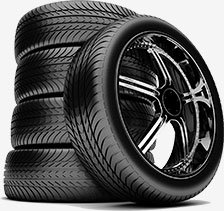
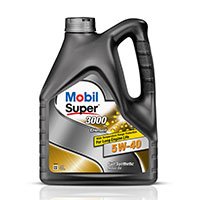
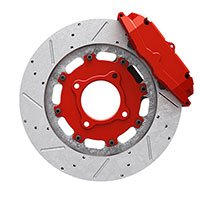
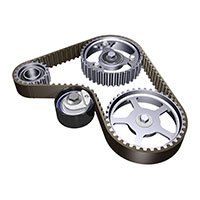
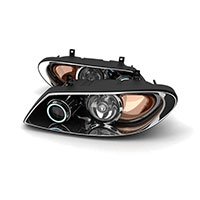
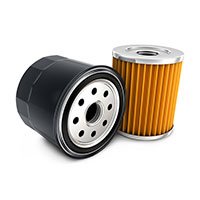
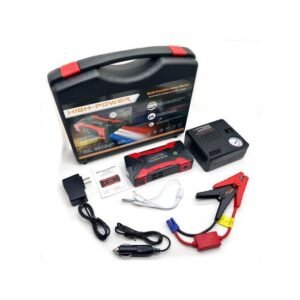


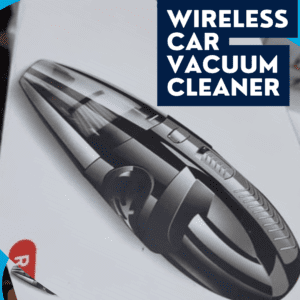
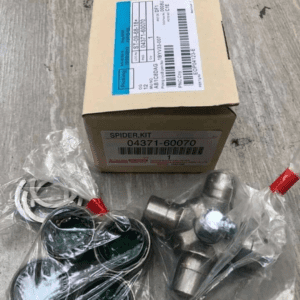
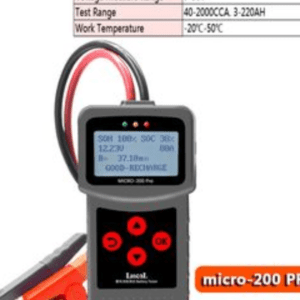
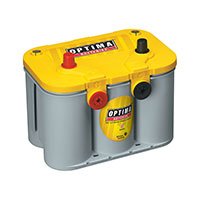
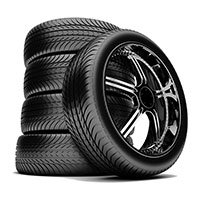
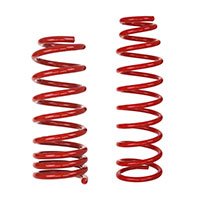
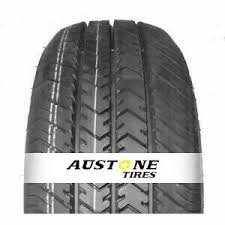
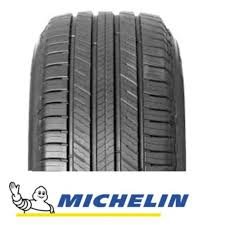
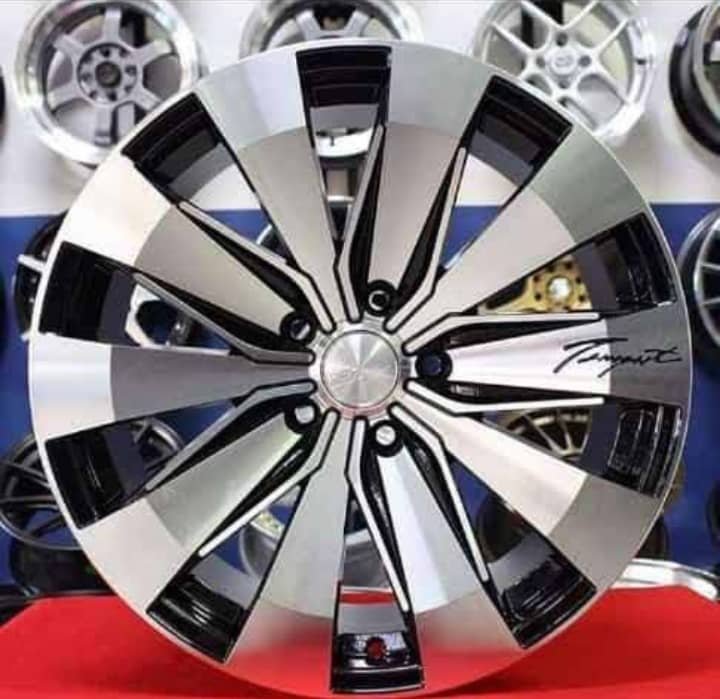
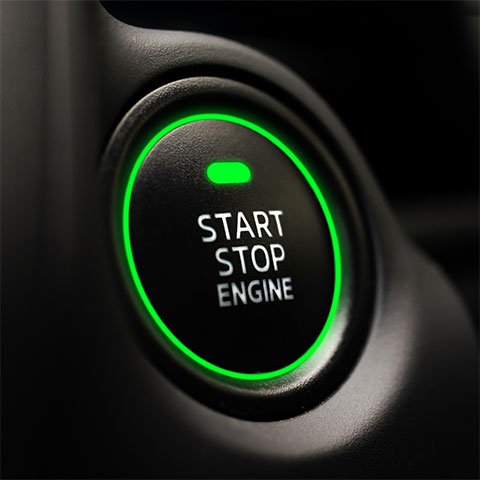
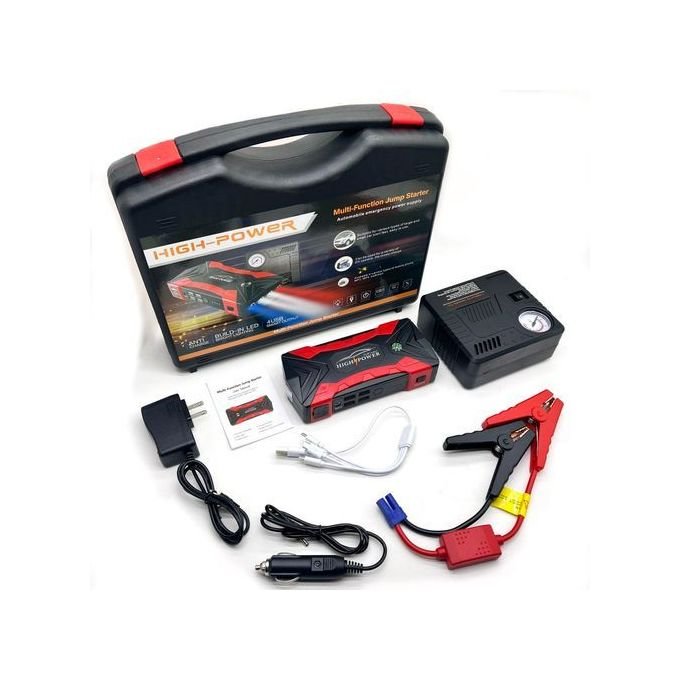 https://kctimoauto.com/product/high-power-car-jump-starter-12v-car-emergency-start-car-power-supply-plus-led-air-pump-usb-laptop-charging-battery-power-bank/
https://kctimoauto.com/product/high-power-car-jump-starter-12v-car-emergency-start-car-power-supply-plus-led-air-pump-usb-laptop-charging-battery-power-bank/